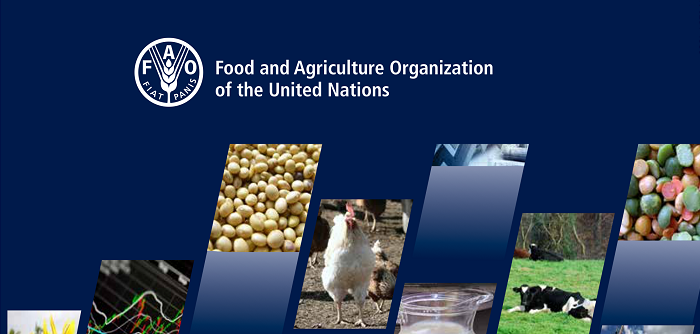FAO is advising countries to be on high alert for the possible spread of Avian Influenza (AI) after the virus was detected recently in wild birds at Lake Ubsu-Nur in the Tyva Republic of the Russian Federation.
“In late May and early June 2016, surveillance activities conducted in wild migratory bird populations at Ubsu-Nur Lake detected a highly pathogenic avian influenza virus of the H5N8 subtype,” said FAO. “The virus was confirmed in samples collected from several species of waterfowl, including black-headed gulls, grey heron, great cormorants, great-crested grebe, common terns and ducks.”
As a result, acording to FAO, it is possible that the H5N8 virus will spread westward and southward in the same manner observed with an earlier emergence of the highly pathogenic avian influenza virus, H5N1. The organisation is therefore recommending that countries in Central Asia, the Caucasus, the Middle East, Europe and West Africa, especially those that have experienced outbreaks of highly pathogenic avian influenza in the past, be on alert and increase their passive surveillance over the next six to twelve months.
FAO’s general recommendations regarding protection against AI are as follows:
- It is important to report sick or dead birds – both wild birds and poultry.
- National authorities should ensure that the means for laboratory testing are in place to detect viruses.
- Farmers and poultry producers should step up their biosecurity measures in order to prevent potential virus introduction from wild birds. To help prevent transmission, it is important to keep poultry and other animals wherever possible away from wild birds and their sub-products.
- Hunting associations and wildlife authorities should be informed that H5N8 and other viruses might be present in waterfowl hunted at the end of summer and during fall migration 2016.
- Consumers should wash hands properly, eat only well-cooked meat products, and refrain from collecting, consuming or selling animals found sick or dead.


